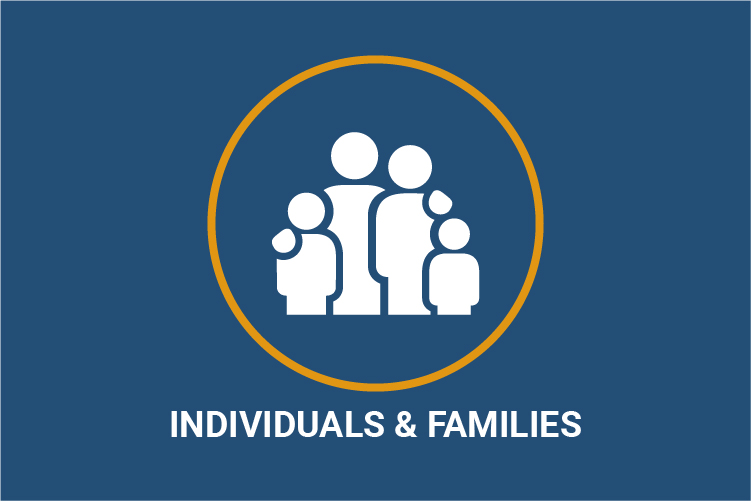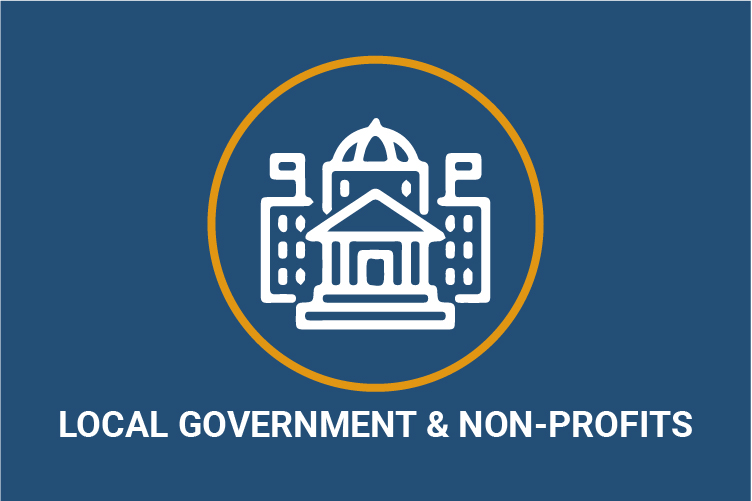Remnants of Hurricane Ida
Recovery Programs | NJ Department of Community Affairs

The NJ Department of Community Affairs will administer $378 million in Community Development Block Grant – Disaster Recovery (CDBG-DR) funds from the U.S. Department of Housing and Urban Development (HUD) to assist with the recovery from Hurricane Ida. The funds will create housing recovery and mitigation programs to help individuals and communities.
In the HUD-approved Action Plan for $228 million, at least 70 percent of these funds will benefit low- to moderate-income persons or households. To address New Jersey’s substantial housing recovery needs, the State will spend $153 million to support Ida-impacted homeowners and renters.
People can read the Action Plan in English and Spanish on the DCA website at https://www.nj.gov/dca/ddrm/home/Idaactionplan.shtml.
As announced in November 2022, the State of New Jersey will also receive an additional $149.2 million in CDBG-DR funds for Hurricane Ida recovery. Upon issuance of rules from HUD for use of these funds, DCA will draft an amendment to the Hurricane Ida Action Plan to specify how the $149.2 million will be used and will post the amendment for public comment later this year.
DCA will also administer funding from the FEMA Hazard Mitigation Grant Program (HMGP) dedicated towards housing mitigation efforts. The State will prepare an application to FEMA on behalf of specific properties to request funds to elevate them.
Tenant-Based Rental Assistance (TBRA) Program helps cover rental housing costs for low-income rental families impacted by Hurricane Ida to make rental housing more affordable. Households must live in one of the following disaster-declared counties: Bergen, Essex, Gloucester, Hudson, Hunterdon, Mercer, Middlesex, Morris, Passaic, Somerset, Union, and Warren.
TBRA pre-applications are available online for TBRA. People can also request a TBRA pre-application by calling (609) 913-4252 or by emailing DRM.TBRA@dca.nj.gov.
TBRA program staff will review pre-applications and refer households that meet eligibility criteria to complete a full application.
Homeowner Assistance Recovery Program (HARP) provides owner-occupied residential property owners with financial assistance to help them repair, elevate, and, in some cases, rebuild their primary homes that were damaged by Hurricane Ida. Households must have been living in the home and owned the property at the time of the storm. The primary homes must be located in one of the following disaster-declared counties: Bergen, Essex, Gloucester, Hudson, Hunterdon, Mercer, Middlesex, Morris, Passaic, Somerset, Union, and Warren.
HARP applications are available online for HARP. People can also request a HARP application by calling DCA’s Division of Disaster Recovery and Mitigation constituent services office at (609) 292-3750 or by emailing DisasterRecoveryandMitigation@dca.nj.gov.
Housing Counseling and Legal Services Program provides a wide range of supportive services to both renters and homeowners who were impacted by Hurricane Ida to help them recover from the storm. The services include assessing housing needs, reviewing household finances, identifying available resources, and helping people complete applications for disaster recovery programs.
People can learn more about the program online for HCS. People can also call (609) 619-4463 or email DRM.HCS@dca.nj.gov for more information about accessing the services.
Additional programs are being developed and will open in the coming months. For more information on DCA’s Ida recovery programs, people can visit https://www.nj.gov/dca/ddrm/programs/ida/index.shtml.
Small Rental Repair Program (SRRP) provides zero interest forgivable loans to owners of rental properties with one to seven units requiring rehabilitation and/or elevation as a result of damages from Hurricane Ida. The program also allows for mitigation activities such as structural and utility retrofits, grading and slope stabilization, and drainage improvements that are designed to make the rental housing more resilient in future storm events. Assistance also may be provided to make housing accessible for individuals living with disabilities.
Rental property owners may submit applications:
- Online with the use of a personal computer, laptop, smart phone, or tablet. Click the button to access the pre-application.
- By calling (609) 292-3750 to receive a paper application and/or schedule an appointment to complete the application over the phone or in person.
How a property owner submits the application does not affect their likelihood of receiving an award.
All impacted residents are highly encouraged to complete the Hurricane Ida Registration Survey, which will be required for participation in future recovery programs.
Hurricane Ida Registration Survey
For more information, visit New Jersey Department of Community Affairs (DCA) | Disaster Recovery and Mitigation (nj.gov).
Blue Acres (Buyouts) | NJ Department of Environmental Protection

Through Blue Acres, homeowners whose homes are storm-damaged or vulnerable to flooding have the option to sell their property to the State. The program makes both families and communities more resilient to the impacts of climate change.
For buyout details, FAQs, or to apply, visit dep.nj.gov/blueacres

Federal Emergency Management Agency (FEMA) & US Small Business Administration (SBA)
New Jersey homeowners and renters who had property damage or loss caused by Remnants of Hurricane Ida (Sep 1 - Sep 3, 2021) had until January 5, 2022 to register with the Federal Emergency Management Agency (FEMA) or apply for a US Small Business Administration (SBA) loan. Residents in eligible counties include: Bergen, Essex, Gloucester, Hudson, Hunterdon, Mercer, Middlesex, Morris, Passaic, Somerset, Union, or Warren counties. Federal disaster assistance for individuals and families can include money for rental assistance, essential home repairs, personal property losses, and other serious disaster-related needs.
The Federal Emergency Management Agency (FEMA) may provide individuals and families with financial help or other aid to meet immediate needs, including rental assistance, legal assistance, grants to make your home livable, and more.
You may contact the FEMA helpline at (800) 621-3362 or by email at AskIA@fema.dhs.gov. For more information, visit disasterassistance.gov.
The US Small Business Administration (SBA) offers low-interest loans for long-term recovery needs, including repairing and replacing damaged property. These loans are open to property owners, renters, and small businesses or non-profits.
You may contact SBA Customer Service at (800) 659-2955 or disastercustomerservice@sba.gov For more information, visit disasterloanassistance.sba.gov.
- FEMA, you may appeal within 60 DAYS of the decision letter:
FEMA Helpline: (800) 621-3362
AskIA@fema.dhs.gov - SBA, you may request reconsideration within 6 MONTHS of the decline letter:
SBA Customer Service: (800) 659-2955
disastercustomerservice@sba.gov
Applicants may appeal or request reconsideration even if the application deadline already passed. Contact FEMA or SBA customer service representatives or read your decision letter for instructions and information.
 Official Site of The State of New Jersey
Official Site of The State of New Jersey




